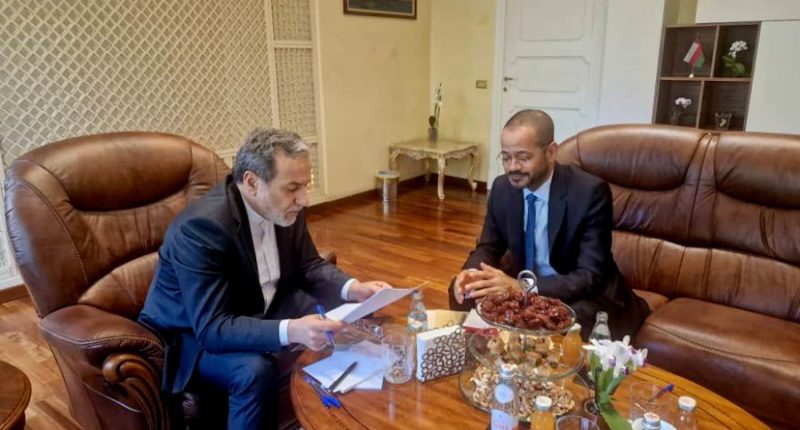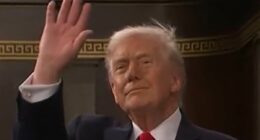Share this @internewscast.com

() U.S. and Iranian officials convened for a fifth round of negotiations in Rome as the United States is aiming to stop Iran from enriching uranium in exchange for lifting sanctions. Alireza Jafarzadeh, Deputy Director of the U.S. Office, National Council of Resistance of Iran, says the U.S. position has become firmer in the matter, which is a good thing.
“As we proceed further, I have seen the position of the United States has gradually gotten even harder and more focused on that (sanctions), Jafarzadeh said. “I hope that will be the path they continue to move forward.”
The talks between the two nations, which include President Trump’s Special Envoy to the Middle East Steve Witkoff, have provided some but not conclusive progress. Trump has been very clear from the beginning that Iran can’t develop nuclear weapons using uranium.
“I think what is important is to see what needs to be accomplished because it’s not the first time that the Iranian regime has been at the negotiating table,” added Jafarzadeh.
In 2002, Iran revealed their uranium enrichment facility site in Natanz, triggering inspections of Iranian sites. Just six years later, the Barack Obama administration and the Joint Comprehensive Plan of Action helped legitimize the enrichment program.
“There was a great chance for the world to stop the nuclear weapons program of Iran, which was in the early stages,” Jafarzadeh said. “But unfortunately, the West rushed to give concessions to the Iranian regime and pursue the policy of appeasement.”
Despite Iran insisting its program is being used purely for peaceful purposes, Jafarzadeh says they have been developing nuclear weapons. The difference now as opposed to years ago? A weaker regime.
“They have no leverage,” he acknowledged. “Inside Iran, the people have been rejecting this regime in several rounds of the uprisings. That’s the new reality when it comes to negotiations.”
Jafarzadeh staunchly disagrees with Iran’s portrayal of Trump as a “madman”, while pointing out that the country’s prime minister, Abbas Aragchi, is misguided in his views of how much impact the nuclear program has on the power Iran yields.










